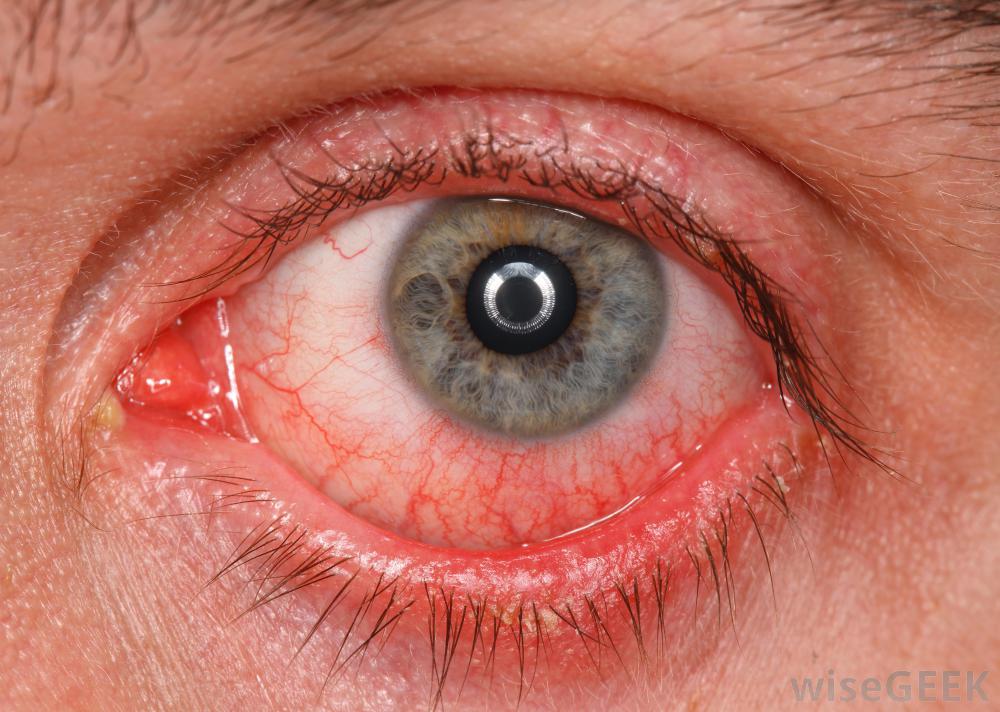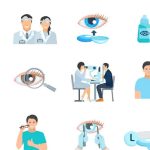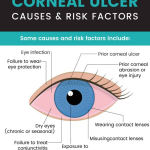High blood pressure can also cause complications in the eyes. As the blood pressure level increases, so does the risk of ocular complications.

Symptoms
In the early stages of high blood pressure, the patient does not have any specific symptoms. However, if the patient has high blood pressure at a young age, issues such as vision loss may occur. Retinal fluid accumulation, optic nerve fluid accumulation, retinal hemorrhage, retinal blood vessel occlusion, or retinal detachment can also occur.
Hypertensive Retinopathy
Years of high blood pressure can cause changes in the retina of the eye, known as hypertensive retinopathy. In this case, the blood vessels of the retina narrow first. Some blood vessels may appear whitish. At this stage, the blood vessels of the retina can also close.
The walls of some blood vessels swell, the blood-retinal barrier breaks down, and water, blood cells, and lipids from the blood vessels come in front of the retina. These conditions are called retinal edema, hemorrhage, and exudate. All these constitute hypertensive retinopathy. Hypertensive retinopathy can also be more severe if the degree and duration of hypertension are high.
Another type of high blood pressure is malignant hypertension. Here, the diastolic blood pressure is high, and fluid accumulates in the optic nerve of the eye, causing disc edema. Accumulation of water in the retina can also lead to exudative retinal detachment. Decreased blood supply to the optic nerve can result in a condition called anterior ischemic optic neuropathy. If these complications occur, the vision in the eyes is greatly reduced, and in such cases, high blood pressure and eye complications need urgent treatment. Otherwise, the optic nerve dries up, and the patient becomes blind.
Glaucoma
Studies have shown that high blood pressure often increases eye pressure and damages the optic nerve, reducing the range of vision. This is known as glaucoma. People with chronic high blood pressure have several times the rate of glaucoma compared to people with normal blood pressure.
Treatment
The main treatment for hypertensive retinopathy is to keep the blood pressure under normal control. However, if eye complications occur, eye color images, fluorescein angiography, and OCT should be examined and treated. In most cases, laser treatment of the retina can improve vision. Along with high blood pressure, diabetes, weight, kidney problems, and high blood fat should also be treated.





















